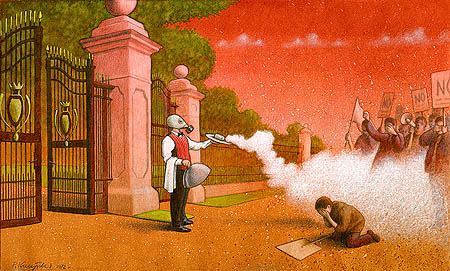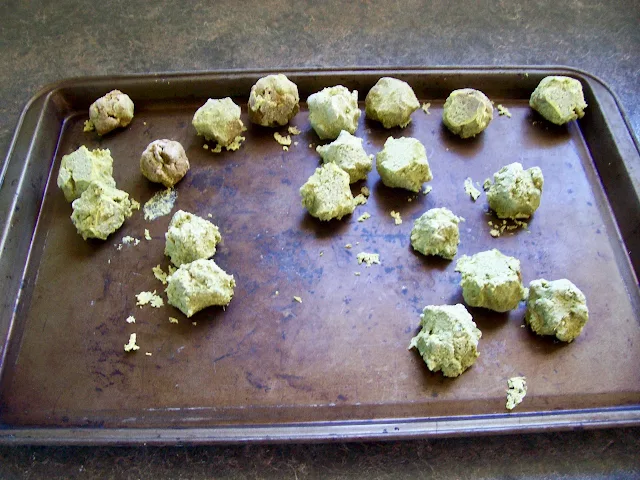September 30, 2020
Sewing Buttons
September 29, 2020
Time To Get Serious About Unity And Wholeness
“The notion of a separate organism is clearly an abstraction, as is also its boundary. Underlying all this is unbroken wholeness even though our civilization has developed in such a way as to strongly emphasize the separation into parts.”
“Indeed, the attempt to live according to the notion that the fragments are really separate is, in essence, what has led to the growing series of extremely urgent crises that is confronting us today. Thus, as is now well known, this way of life has brought about pollution, destruction of the balance of nature, over-population, world-wide economic and political disorder, and the creation of an overall environment that is neither physically nor mentally healthy for most of the people who have to live in it.”
September 27, 2020
I Want That
We are evolving from an era of "I want that", to one of "I need that".
September 26, 2020
Balance
 |
“Let what happens happen. Everything must be equal in your eyes, good and evil, beautiful and ugly, foolish and wise.”
- Michael Ende
We can all use this time to deepen our personal commitment to equality and balance in everything we do.
If we were all to make such a commitment, everything else would take care of itself.
September 23, 2020
More Satirical Art: The Illustrations of Pawel Kuczynski
September 22, 2020
"The Way We Knew Is Over"...
"The way we knew is over, and it's never coming back."
September 18, 2020
Seasonal Neighbours And Nature's Calendar
September 16, 2020
Pesto Pebbles And Other Harvest Activities
September 13, 2020
Reading, Resisting, And Rebelling
The following is from the Corporate Watch website. Download the book for free at bottom.
Capitalism, What is it and how can we destroy it? provides an accessible introduction to capitalism and explores how we might bring about its ending:
What is capitalism? An economic system built on private property, markets, exploitation and profit, enforced by state violence.
But also, digging deeper, a culture of fear and passivity, in which we learn to see the natural world, other people, and even ourselves, as objects to be owned and managed, bought and sold.
The first part of this book gives an introduction to capitalist economics in accessible, non-specialist language.
It covers: the basics of economic systems; financial markets; the global economy and shifting world power; the roles of the state; crisis.
The second part delves into how capitalism shapes our values and desires.
Finally, it turns to resistance and rebellion. So how can we destroy this poisonous system, and start to create new worlds of freedom?
Happy reading, resisting, and rebelling.
September 10, 2020
A New Simplicity Movement Is Forming
"At first I didn't like it as I was preoccupied with a sense of loss and sacrifice.""But then I settled into a slower, less busy, more simple way, and started to see it as an opportunity rather than a curse."
"Now I wouldn't go back to the way things were pre-pandemic even if I could. I may have less money and stuff, but find myself happier than ever."
Watch for simplicity to begin breaking out all over the place, in a mass movement that will first make us happier, then save our species and planet.
I see this arising as people become more aware of their impact and of the widespread efforts of many others who share their vision of more simple, less hurried, and sustainable ways of living.
It has to happen eventually, why not now?
September 2, 2020
Do As The Creatures In The Field
"Enjoy the last warm days of summer,andsing to your heart's content!"


















